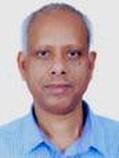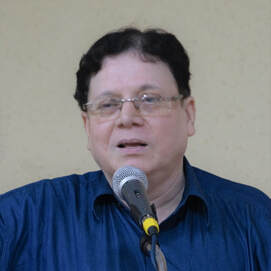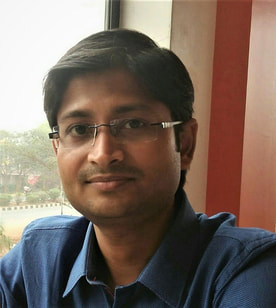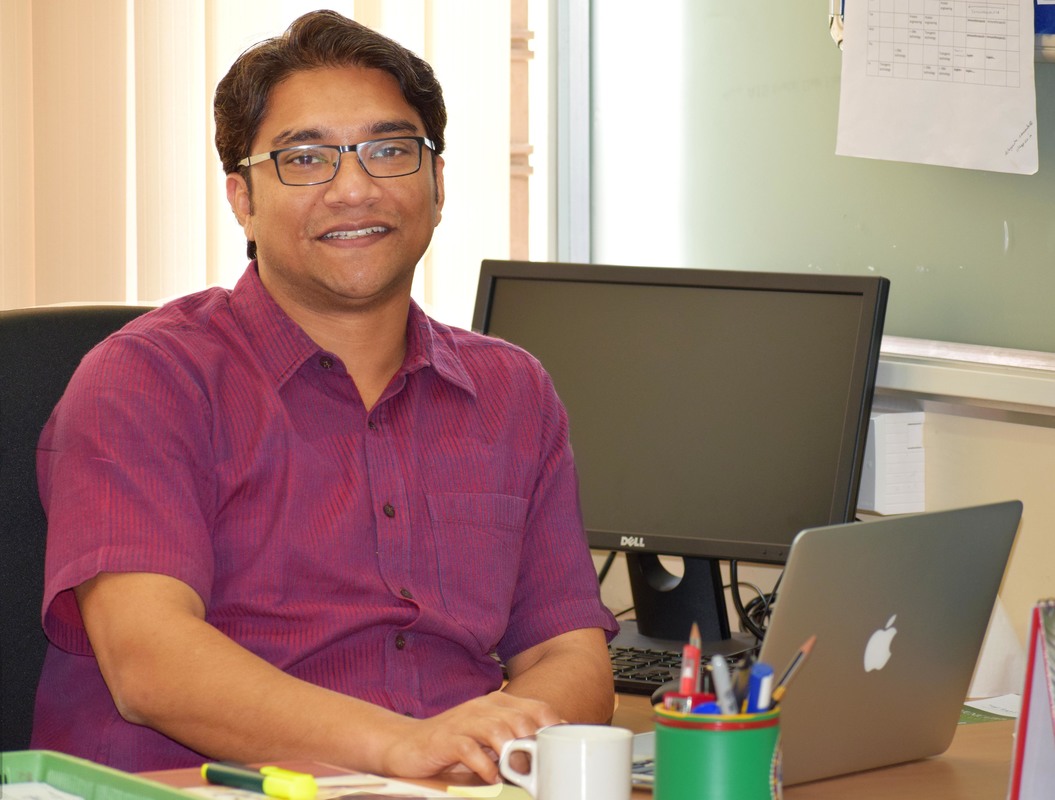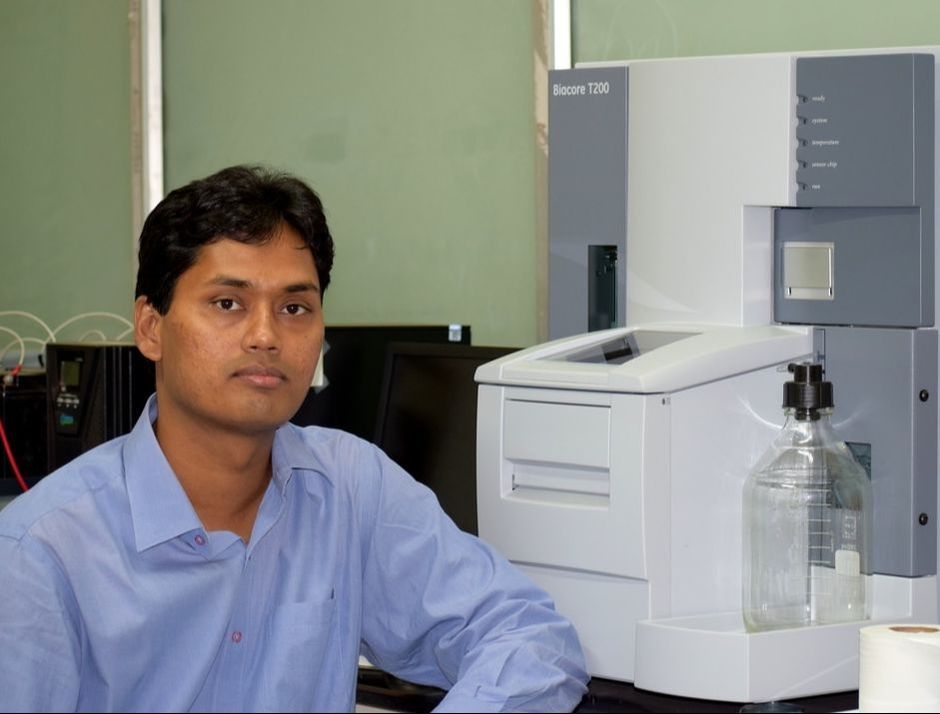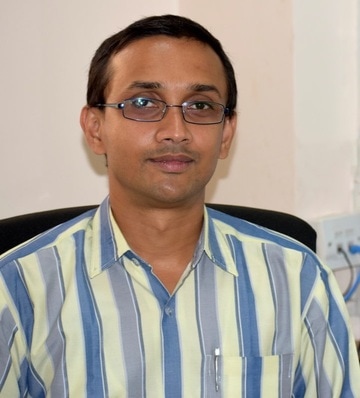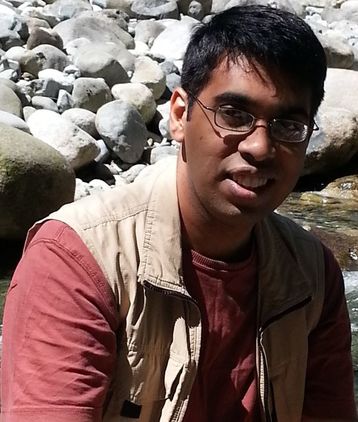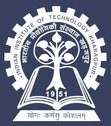Nihar Ranjan Jana
Professor
Research interest:
My laboratory uses biochemical, cell biological and genetic approaches to understand the physiological function of Ube3a and how its gain-of-function is linked with autism and loss-of-function leads to Angelman syndrome and various neurodegenerative disorders. We are also screening pharmacological inducers/activators of Ube3a and HSF-1, which might be useful in the therapy of neurodegenerative as well as learning disorders. |
Amit BasakVisiting Professor
Research interest:
Research activities in the area of chemical biology have centered around: radical mediated DNA cleaving agents of medicinal importance, enediynes in particular; diradical generating reactions and their applications in synthesis; design of anti-TB drugs against new FAS targets; mapping of functional domains in proteins including their capture and more recently, development of matrix-free LDI MS technique for detection of small molecules and metal ions of biological importance. |
Abhijit Das
Assistant ProfessorResearch interest: We use fruit fly (Drosophila) model system to study how change in chromatin architecture is mechanistically associated with developmental and behavioural principles and how their mis-regulations lead to disease pathogenesis. Combining the powerful genetics of Drosophila with recent advances of genomic techniques we will be address questions on how our environment exerts a lasting impact on our brain. Our current questions range from neuronal activity related changes in genomic accessibility, transcriptional and chromatin basis of long term memory formation. We will also address how oxidative stress, ageing and memory related brain disorders are causally linked to transcriptional and epigenetic players.
Key areas: Developmental Biology, Neuronal differentiation, Learning and memory, epigenetics, chromatin, genomics. |
Arindam Mondal
Assistant ProfessorRNA virus infections causes some of the most serious human health problems around the world. Viruses like Influenza, Dengue, Chikungunya, Zika or Ebola are posing continuous threat of isolated epidemics or worldwide pandemics. We are interested in understanding the basic molecular events that are involved in replication of RNA viruses and hence could be subverted for therapeutic benefits. RNA viruses encode their own RNA synthesis machinery, a macromolecular ribonucleoprotein assembly, which drives which drives the expression of viral genes and replication of the genome at different stages of virus life cycle. Using a combination of molecular biology, genomics and proteomics approaches we are trying to characterize the interplay between different viral and host factors that play crucial role in assembly and function of virus replication machinery. Presently we are using influenza A and B viruses as our model system, which causes respiratory infection in human and a wide range of other animals. We are also interested in other viruses that causes human epidemics in Indian subcontinents.
|
Dibyendu Samanta
Assistant ProfessorResearch interest: Membrane proteins, particularly membrane-bound immunoglobulin super-family (IgSF) members play vital roles in a number of cellular and physiological processes including cell-cell adhesion, immune modulation, host-pathogen interaction etc. Dr. Samanta's lab aims to understand the detail molecular mechanisms of interactions among IgSF members, and finally modulate these interactions utilizing structure-guided protein engineering approach. Understanding and engineering of these IgSF members will provide further insights for the development of novel protein-based therapeutics. Currently, Dr. Samant's lab working on the following areas:
1. Identification of binding partner of orphan immune receptor/ligand 2. Structrure-function relationship of cell adhesion molecules (cadherin, nectin etc) 3. Antibody engineering and protein-based therapeutics |
Ritobrata GoswamiAssistant ProfessorResearch Interest: My present research interest lies in understanding the role of specific nutrients like vitamin in immune system. We would determine how the nutrients affect the adaptive immune system by regulating the development of T helper cells. T helper cells play important role in protecting us from various pathogens by producing cytokines. However, if unregulated the immune responses generated by T helper cells can cause various inflammatory disorders. Based on the cytokines in the microenvironment and produced and the expression of transcription factors, T helper cells have been classified into distinct subsets. Among different vitamins, role of vitamin A and vitamin D have been explored in the differentiation of certain T helper cells. In addition, the function of these vitamins have also been explored in disease models like allergic asthma and experimental autoimmune encephalomyelitis. We would like to define how vitamin A and D regulate the development of various T helper cells including IL-9-rpdocing Th9 cells. IL-9, a pleiotropic cytokine has been demonstrated to act on multiple cell types. T cells and mast cells are the key producers of IL-9. Th9 cells play important role in the development of asthma, exacerbate ulcerative colitis; while they aid in the expulsion of helminthic infection and antitumor activity in mouse model of melanoma. Thus, delineating the role of vitamin A and vitamin D in regulating the differentiation of Th9 cells will aid us developing future therapeutics. We would like to build a network of inflammatory diseases whereby IL-9 play key role.
Furthermore, we aim to identify diagnostic, predictive and prognostic markers of the inflammatory disorder that can used to develop on-site detection diagnostic system to identify multiple biomarkers of rheumatoid arthritis. |
Soumya De
Assistant ProfessorResearch interest: Biophysical Chemistry; Enzymology; Signal Transduction and Gene Expression; Protein engineering; Nuclear Magnetic Resonance (NMR) Spectroscopy
The overarching research goal of Dr. Soumya De's laboratory is to decipher the structural and dynamic principles that govern protein functions and their regulation. This is achieved using solution NMR spectroscopy and other biophysical methods that characterize the structure and dynamics of proteins. |

